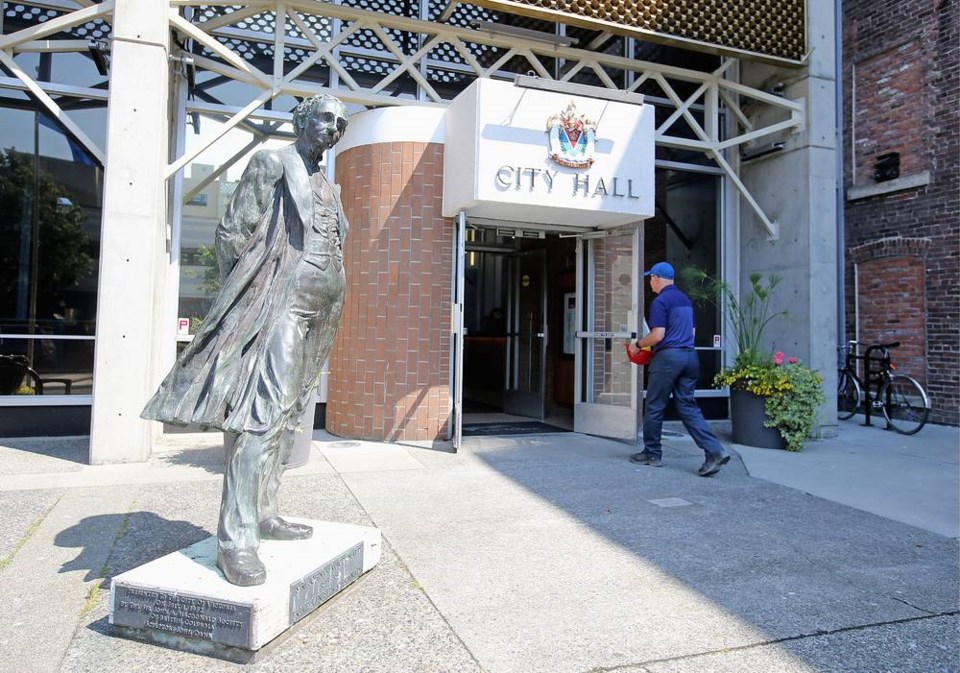The online video-sharing platform YouTube has taken to banning videos that, the company states, promote harmful beliefs or contain hate-filled language.
Some of this is unexceptional. If we鈥檙e talking about militia organizations employing overtly racist speech, for example, there is no reason why YouTube should give them a platform.
Likewise, if resurgent Nazi groups want to deny the Holocaust, let them do it elsewhere.
But like all forms of unregulated censorship, crusades of this kind often surge past the boundaries of moderation. YouTube recently removed a video by two American urgent-care physicians concerned about the impact of COVID-19 isolation measures.
YouTube鈥檚 argument was that these physicians were contradicting established public health policy. Perhaps they were.
But that isn鈥檛 hate speech or an invitation to armed insurrection. There are reasonable people on both sides of this debate.
Both Twitter and the search engine Google have also removed commentary that didn鈥檛 meet their standards.
In effect, social-media behemoths are now America鈥檚 fact checker.
And not just America鈥檚. Ours too.
Part of the problem is that within their own field of operations, private firms such as YouTube or Twitter are not subject to the same freedom-of-speech requirements as public bodies.
Yet with the advent of the internet and social media, those fields of operations have broadened exponentially.
A handful of executives, nearly all based in Silicon Valley, can now regulate what the rest of the world sees, hears and thinks. Likewise, they can silence anyone with whose views, political or otherwise, they disagree.
This is a power over thought and speech never contemplated when companies were originally given the legal tools required to manage their workplace.
Historically, those tools were needed. Without statutory provisions such as contract law, limited liability and the right to protect privileged or proprietary information, the emergence of private corporations would have been impossible.
But these provisions date back, in some cases, to the 18th century and earlier. They envisaged a workplace confined within factory walls.
They did not foresee a workplace that can blanket the globe, and a workplace, moreover, that controls the circulation of knowledge and ideas essential to an open society.
And it鈥檚 not only social-media outlets that are deciding for us what we can see and hear.
Sir John A. Macdonald鈥檚 statue was removed from Victoria city council grounds because of the role he played in establishing the residential school program.
A statue of George Vancouver, the 18th-century explorer, was vandalized outside Vancouver city hall. Across the country efforts have been made to expunge from public view memorials to Winston Churchill, Egerton Ryerson and Samuel de Champlain.
At what point does this sort of group-think merge into intolerance?
And how is it to be resisted?
A point worth considering is that many former luminaries, now held in contempt, led what were at the time held to be blameless lives. More than that, several made major contributions to their communities.
San Francisco鈥檚 school board recently voted to strip Abraham Lincoln鈥檚 name from city schools. The board claimed some of Lincoln鈥檚 policies were injurious to Indigenous peoples.
Indeed they were. But didn鈥檛 he also free the slaves? Shouldn鈥檛 that count for something?
Put another way, this cancel culture leaves no room for redemption or atonement. We are to see only the harm someone has done. We are to look into that individual鈥檚 heart, and find only evil there.
This is an unworthy instinct. And more than that, hypocritical. Has anyone ever lived who did only good, and never sinned?
That it should be necessary to make these points serves as a warning.
Cancel culture represents a narrowing of dialogue and a closing of minds that threatens our most basic freedoms.



